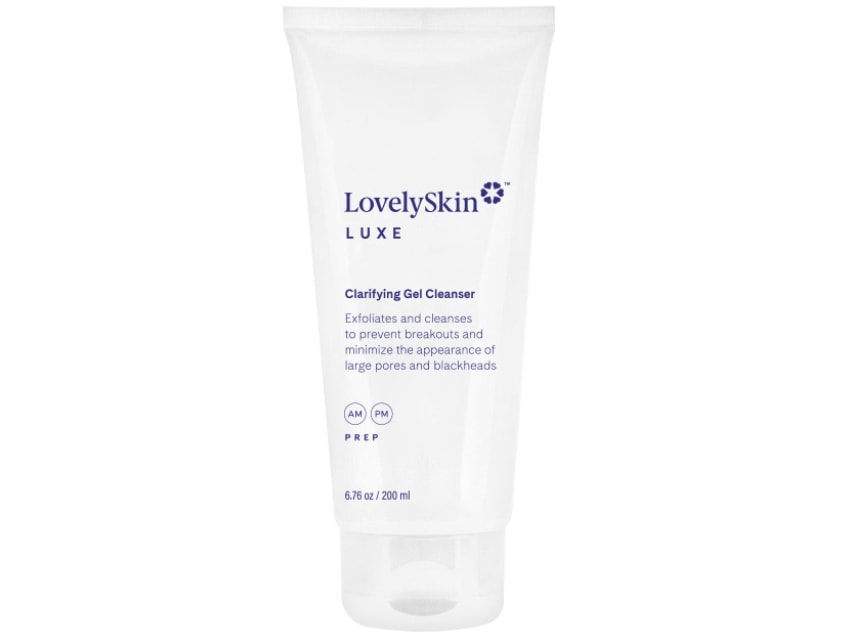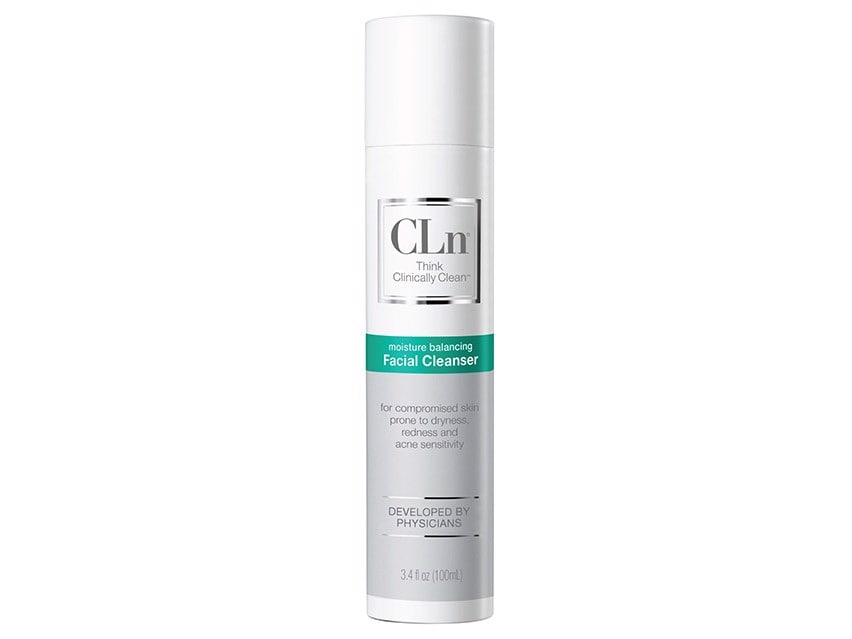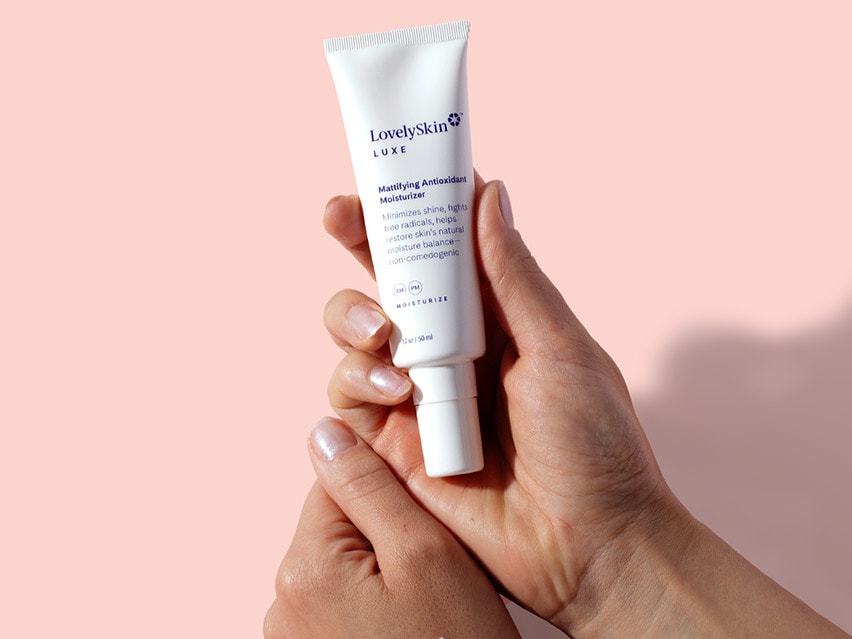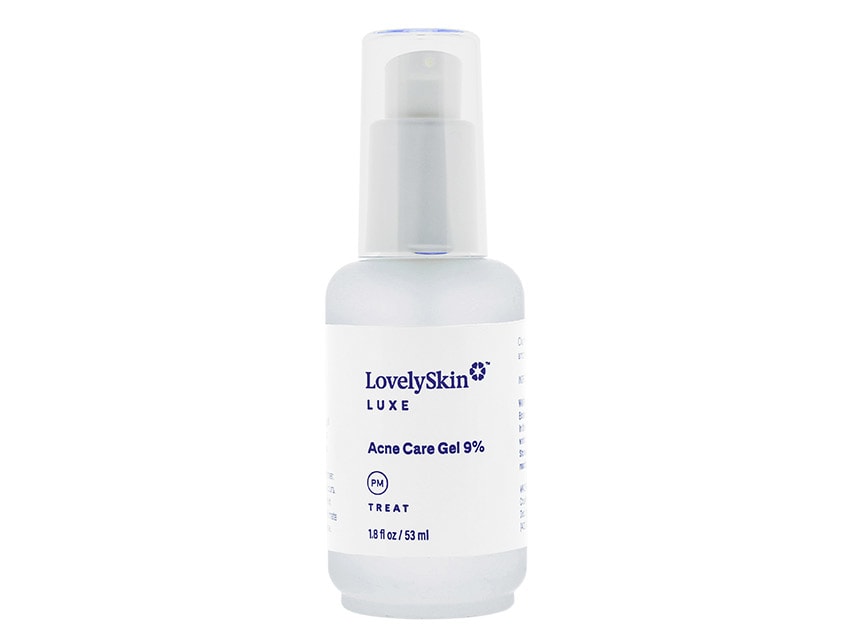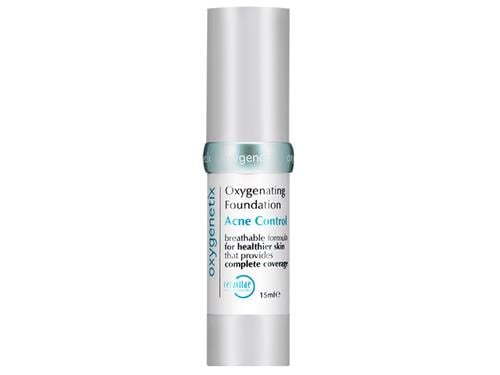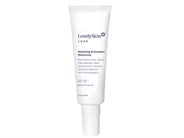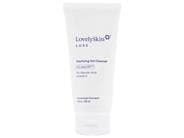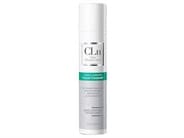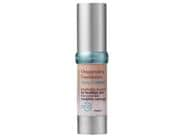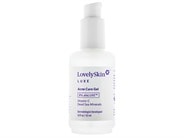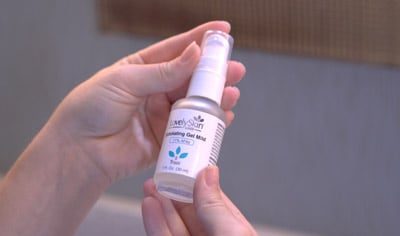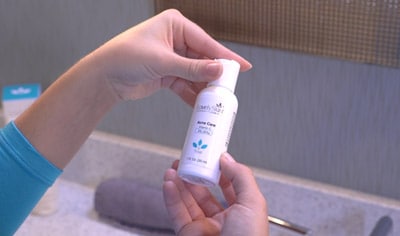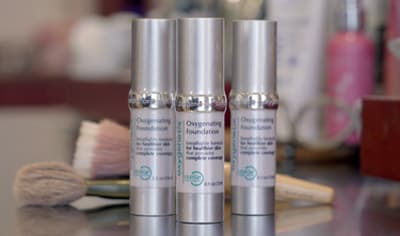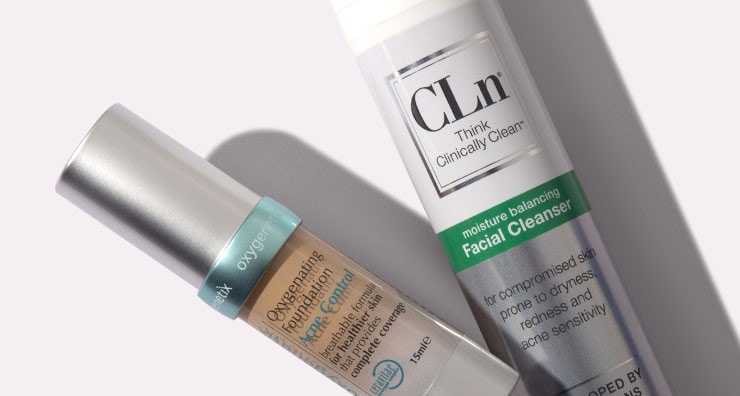
Breakouts happen when a pore is clogged with dead skin cells, bacteria, oil, sweat, or other substances. Most everyone experiences a pimple or two at one point or another, and while annoying, they aren’t usually cause for concern. However, if the backup occurs deep in the skin, resulting in a red and tender nodule, you may have developed a more severe condition called cystic acne.
With the help of board-certified dermatologists, Mohs surgeons and cosmetic surgeons Drs. Joel and Daniel Schlessinger, we’ll help you understand cystic acne and how you can achieve clearer, healthier skin.
What is a cystic pimple?
Cystic acne—also called cystic pimples, acne cysts or severe acne—is similar to regular acne in that it is generally caused by hormone fluctuations and/or bacterial infection. Excess hormones called androgens (which are present in both men and women) can result in an overproduction of skin-lubricating oil (also known as sebum) and cause pores to become engorged and swollen. When oil cannot reach the surface of skin, the gland bursts beneath, stimulating inflammation and creating a cyst.
Cysts are red, irritated and tender, and they may even itch or have a visible whitehead. “Before cysts erupt, it’s possible to feel them forming underneath the skin, and the resultant inflammation can be painful and slow the healing process,” says Dr. Joel Schlessinger, LovelySkin CEO. “As opposed to small, superficial whiteheads or comedones, these acne lesions have a much higher risk for scarring.”
Why am I getting cystic acne?
The hormone fluctuations that cause cystic acne are most common during and just after puberty, making those in their teens and early twenties especially prone to it. Pregnancy, menopause and certain medical conditions, like polycystic ovary syndrome (PCOS), can cause cystic acne, and genetics are also often to blame.
If a parent or sibling has previously struggled with cystic acne, there is a chance you or your child will as well. Lastly, bacterial infections like Staph aureus are often drivers of cystic acne and can be passed from one person to another within a family or a close group, such as roommates.
How to get rid of cystic acne
Drs. Joel and Daniel Schlessinger recommend making an appointment to see a board-certified dermatologist at the first sign of cystic acne. “Don’t wait for cystic acne to clear up on its own,” says LovelySkin Medical Director Dr. Daniel Schlessinger. “Over-the-counter treatments that work well for regular acne are not typically as effective when it comes to addressing cystic acne, and when left untreated, cystic acne can cause scarring that is extremely difficult to reverse.”
Your dermatologist will assess your cystic acne and prescribe a treatment regimen that fits your specific case and reduces the risk of scarring. There are several treatment options available, including oral antibiotics such as Accutane, prescription-strength topical treatments such as Retin-A, hormone therapy and LED light therapy. There is no such thing as a one-size-fits-all treatment for acne. Your dermatologist will need to evaluate your unique case and pinpoint the cause of your cystic acne before recommending the best regimen.
Is popping cystic acne dangerous?
It may be tempting to try to pop cystic pimples, especially if they have pustules. “It’s important that you never pick at acne cysts or attempt to pop them, as that can risk pushing the infection deeper into your skin or causing it to spread,” Dr. Joel Schlessinger says.
Do pimple patches work on cystic acne?
Pimple patches, which are small adhesive bandages made from hydrocolloid dressing, are intended for occasional pimples, but Drs. Joel and Daniel Schlessinger don’t recommend them for moderate to severe cases of acne. “For cystic acne, you will achieve the best outcome by working with a dermatologist to come up with a treatment plan that’s tailored to your specific case,” Dr. Daniel Schlessinger says.
At-home skin care for cystic acne
First and foremost, you’ll want to follow your dermatologist’s recommendations when it comes to what skin care products you use while being treated for cystic acne. However, maintaining a simple yet effective skin care routine is a great start to minimizing all types of breakouts.
Using a gentle exfoliating cleanser, such as LovelySkin LUXE Clarifying Gel Cleanser, can help keep pores free of bacteria and debris.
CLn Facial Cleanser is another option that can help eliminate acne bacteria with sodium hypochlorite while still being gentle on skin with a fragrance-free formula. You can also apply a lightweight moisturizer to help keep skin balanced and hydrated. Avoid thick creams and opt for a lightweight lotion, such as LovelySkin LUXE Mattifying Antioxidant Moisturizer.
Lastly, be wary of overusing spot treatments, as they can be excessively drying to skin. Try LovelySkin Acne Care Gel 9%, an effective but gentle formula that exfoliates with 9% afaLUXE, an amino-based filaggrin antioxidant with vitamin C and Dead Sea minerals.
When it comes to acne-safe makeup, Dr. Joel Schlessinger recommends Oxygenetix Acne Control Foundation. “The makers of Oxygenetix formulated this foundation to be aloe-based rather than water-based,” he says. “Because aloe has natural antibacterial qualities, wearing it can help reduce acne-causing microbes on the surface of your skin.” It also contains salicylic acid, which helps improve inflammation from acne and acts as a chemical exfoliant to help prevent clogged pores.
Protecting your skin from the sun’s damaging rays is an important part of every skin care routine. You can learn about the best sunscreens for acne-prone skin on the LovelySkin Blog.
Shop this blog

About the Author
Aaron serves as Editor at LovelySkin. Since graduating from the University of Nebraska at Omaha in 2016 with degrees in Creative Writing and English, he has immersed himself in the beauty industry. When he’s not writing about the latest beauty trends, he spends time cuddling his dogs, scouring antique stores, playing tennis and hiking.
Other Posts by AaronDrs. Joel and Daniel Schlessinger's top ...
Elevate any man’s grooming routine with ...
Follow us on social
Follow us on social networks and be one of the first to learn about sales, giveaways, and free samples

